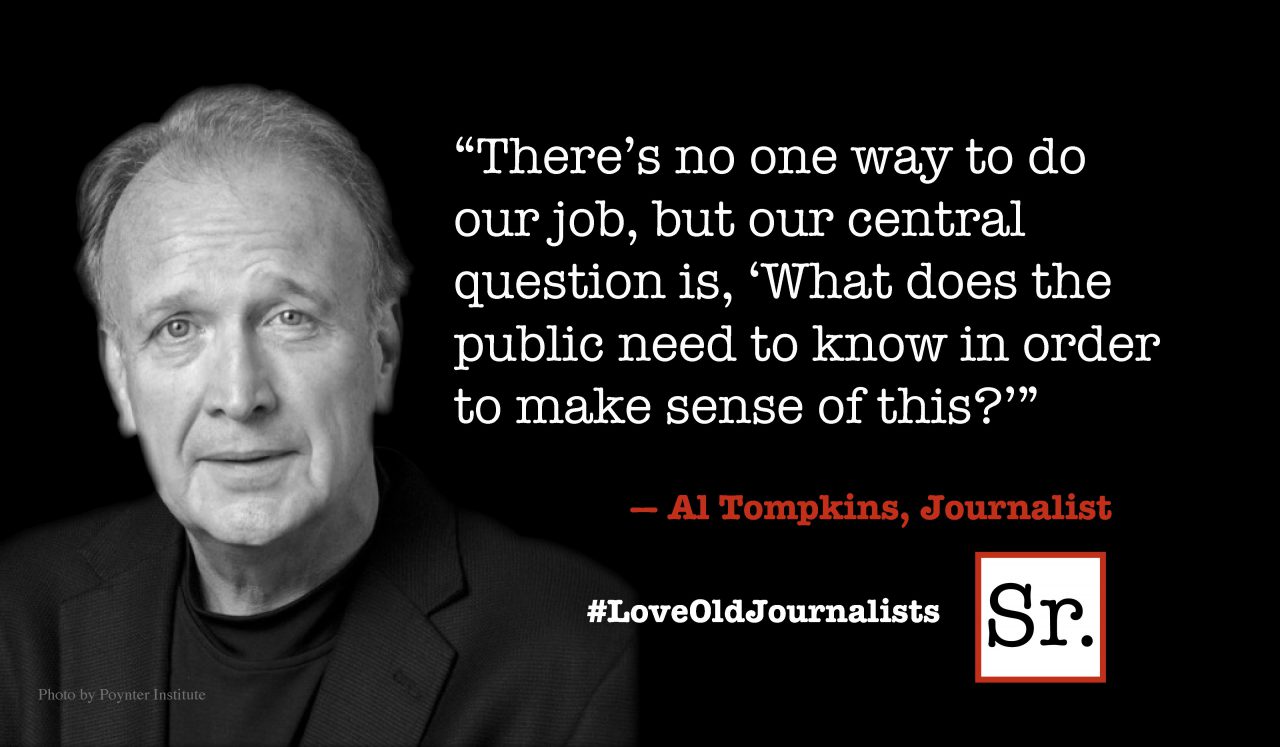Last week I described how a group of thoughtful friends viewed the current debate about health care. I discussed where we agreed and where we differed. The other topic on our e-mail agenda has been the increasing disparity between America’s very wealthy and the rest of us, especially the very poor.
One day I found the following note in a hotel where I was staying. We have just installed a new shower in your bathroom. Use it and give us your reaction. While all six of us are within the upper half of the population in terms of incomes, none of us is in that awesome 1%, but neither are we anywhere near the poverty line. So not being in neither shower, we were at a disadvantage in our attempt to see things from the perspective of either the very rich or the very poor. With that caveat, let me review just a sample of our impressions.
There was a basic agreement about the problem: the increasing distance between America’s wealthy and America’s poor. This growing divergence we found to be not only unhealthy, but also a threat to the fabric that holds the nation together. But “ain’t it a shame,” is hardly a thoughtful response.
None of us objected to the way our entrepreneurs generated profitable businesses. That is the American way. But there was considerable distress with those who don’t create anything of value, but pass around money, contracts, bundled securities etc. and take a slice off the top every time one goes by, adding nothing to the nation’s wealth, only to their own. It was also commonly agreed that the rules are stacked in favor or the already well-to-do and against the middle class and those even farther down the economic ladder.
While there was general agreement about the problem, there was less meeting of the minds about its solution. Some of our number looked at the tax code and concluded that the marginal rates were lower for the wealthy than they have ever been, thus giving the already affluent an even greater hold of whatever new wealth the nation created. Certainly the statistics which say that 95% of new wealth went to only 10% of America’s taxpayers reinforced that point. Two of the six took a dim view of raising tax rates on the rich. We generally agreed, however, that closing loopholes might provide a way to enhance revenues.
This led us to the heart of the matter. Why were the poor poor? While some of us concluded it was the economic system which determined how increased prosperity is divided, and a failure to sufficiently tax wealth, all of us affirmed that poverty was generated by a number of other factors including the lack of quality education, the disparity in opportunities, fragile family structures and inadequate health care. It was commonly assumed that government had an important role in leveling the playing field, yet there remained the suspicion that larger government programs were not the only answer or even the best one.
Among our more conservative members, what provided the best approach to the problem? It was increasing the economic engine by turning loose America’s entrepreneurs thus expanding the nation’s rate of growth. A vital economy would lift all boats. Others of us doubted the validity of that point of view.
There was no agreement about such policies as raising the minimum wage. It was suggested that even $15 an hour really didn’t address the fundamental economic and life-style pathologies which kept people poor. Continued unemployment insurance, however, seemed acceptable to the group.
I have offered this analysis of just a bit of our conversations, not to give you my personal opinions — I do that every Wednesday — but to suggest that sensitive, intelligent people can rationally discuss critical issues and hear each other, and that there is plenty of room for a commonality which can lead to solutions. It is not that we came out agreeing, but we sensed that offering different opinions while listening to the perspective of others is a better approach than trying to argue each other down. While it might be hoped that a few members of Congress would take that approach to heart, we were not terribly optimistic.
What do you think?








